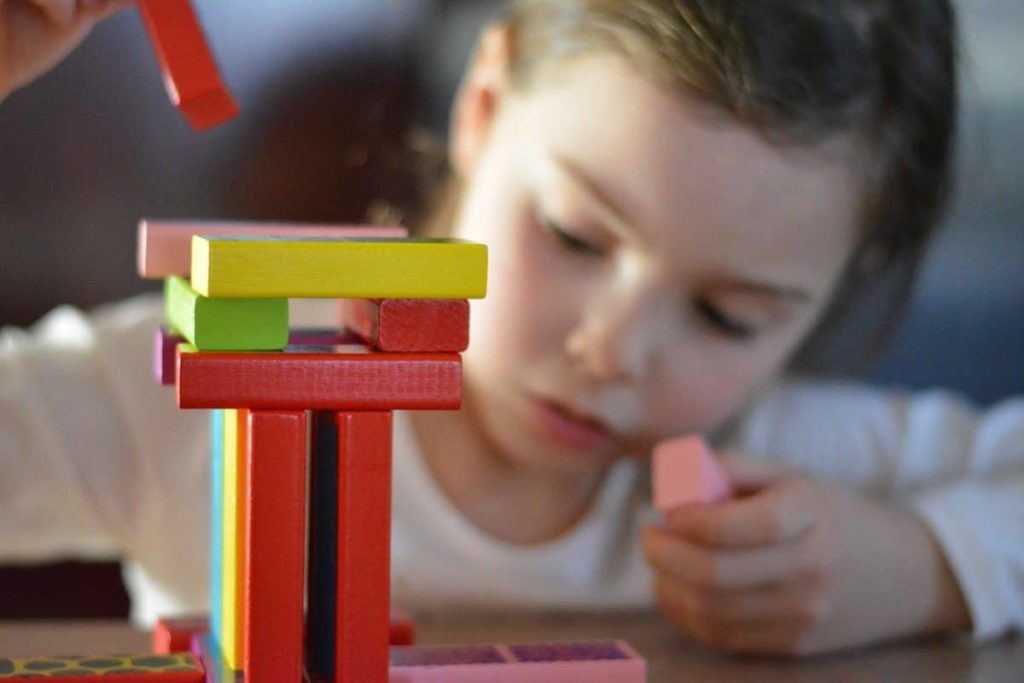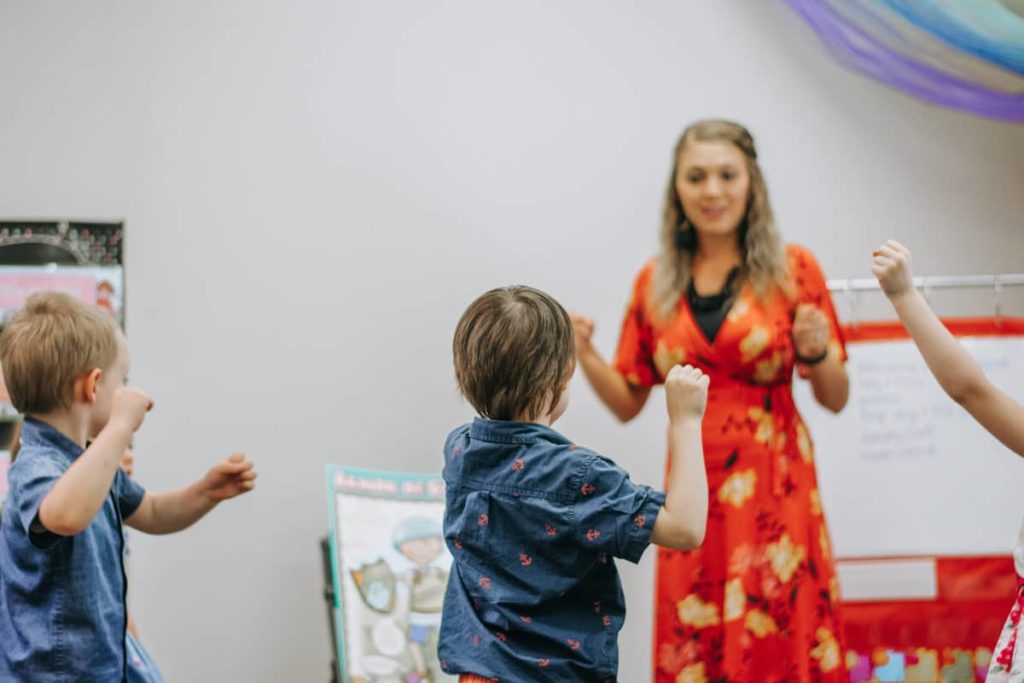Services
Early Intervention
Because evidence has shown that early intervention is key in helping improve challenging behavior, we focus on very young children with Autism Spectrum Disorders (ASDs). Our early intervention program helps families, schools, organizations and professionals that are impacted by autism. Our team of autism behavioral therapists provides compassionate, expert care to children with autism and other developmental disabilities with a particular focus on early intervention for children between infancy and age five. We also offer support for children who need help transitioning to school-based learning.
Our early intervention programs use the methods of Applied Behavior Analysis (ABA) to help your child learn age- and developmentally-appropriate language and learning skills. Instruction is individualized in one-on-one or small group settings and provided by Trumpet Behavioral Health’s Board Certified Behavior Analysts (BCBAs) in homes, community and educational settings.
Our Methods for Early Autism Intervention Programs Include:
- Applied Behavior Analysis (ABA) Principles
- Verbal Behavior
- Discrete Trial Training
- Incidental Teaching
- Positive Behavior Support
- Errorless Teaching
- Fluency Building
- Picture Exchange Communication System (PECS)
- Ongoing Program Evaluation


Behavior Management
A Functional Behavior Assessments will be conducted and a Behavior Intervention Plan will be written and completely individualized to meet your child’s behavioral needs. Functionally and socially appropriate behaviors will be taught to replace problem behaviors by utilizing strategies.
Preventative Strategies
Strategies include using visual daily schedules, teaching children to express their wants and needs appropriately, providing scheduled breaks and choices. Utilizing a combination of instructional tasks to prevent negative behaviors from occurring by manipulating triggers within the environment.
Reinforcement Strategies
Reinforcing appropriate behaviors with verbal praise, social praise, and a variety of reward systems that will increase the likelihood of the behavior reoccurring in the future. Preference assessments will be used to identify strong motivators for the individual ensuring that the reinforcement system in place is effective in evoking the desired behaviors.
Management Strategies
Strategies consist of managing inappropriate behaviors in an attempt to decrease the possibility of the behavior occurring again in the future. A large focus is on antecedent interventions to manipulate the environment and put preventative measures in place order to prevent maladaptive behaviors from taking place.
Communication
With Applied Behavior Analysis, children can learn language functionally. Communication will begin with the teaching of basic wants and needs. Your child will be taught to ask for, label, and imitate during the first stage of language development. Once your early learners targets are met, language will be taught with more complexity, incorporating nouns with verbs and adjectives, however still focusing on the function. As language development continues, you will see your child building conversational skills, social skills, and independence.
A communication assessment such as the VB-MAPP or the ABLLS-R will be conducted and a completely individualized communication program will be developed for your child.
Verbal behavior training is frequently used during ABA sessions in a discrete, 1:1 setting to teach the different verbal operants needed in peer-to-peer conversations.
Our goal at New Foundations ABA Therapy is to help our clients understand that communicating produces positive results.


Self Help Skills
The Assessment of Functional Living Skills (AFLS), along with similar assessments, are utilized to evaluate the skill level of a child for different self-help skills. Individualized task analyses and protocols are created to teach the steps within the skill effectively.
Progress on each step of the skill is measured to ensure that the skill is being learned correctly. Prompt hierarchies are utilized to systematically fade out the level of assistance the child is receiving until independence is achieved for each step of the skill.
Other assessments may be completed based on the individual needs of each child.
Social Skills Training
New Foundations ABA Therapy provides social skills training to children with Autism Spectrum Disorder and other developmental disabilities.
The focus of the program is to increase the child’s overall ability to:
- Recognize and interpret verbal and non-verbal communication
- Develop appropriate peer relationships
- Assist individuals with improvement in social interactions by expanding their interest in age appropriate topics, toys and play skills
- Increase their ability to recognize others emotions
The goal is to minimize the stress and anxiety when participating in social interaction. The program strives to provide the tools necessary for successful interpretation of social and communication skills.


School Consulting
Upon the parents’ request our BCBA can advocate for the child in his or her school setting.
Upon the parents’ request for school consultation, our BCBA can:
- Review your child’s IEP.
- Evaluate the appropriateness of the goals given to you child.
- Evaluate the accommodations made for your child.
- Evaluate the procedures being utilized with your child.
- Provide feedback to the family and teachers.
Your BCBA can also:
- Attend your IEP meeting to discuss and compare your child’s goals.
- Collaborate with school staff by providing strategies that may be implemented in the school setting.
- Can observe your child in his/her classroom once approval from your child’s school has been given.
- Collaborate with any private therapists as well (OT, PT, ST). The coordination of care can ensure that all providers are using the most effective treatments across all environments.
